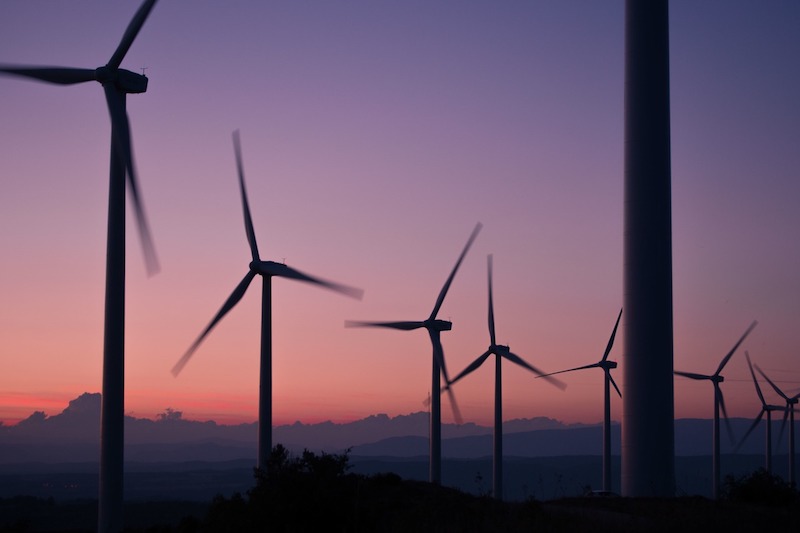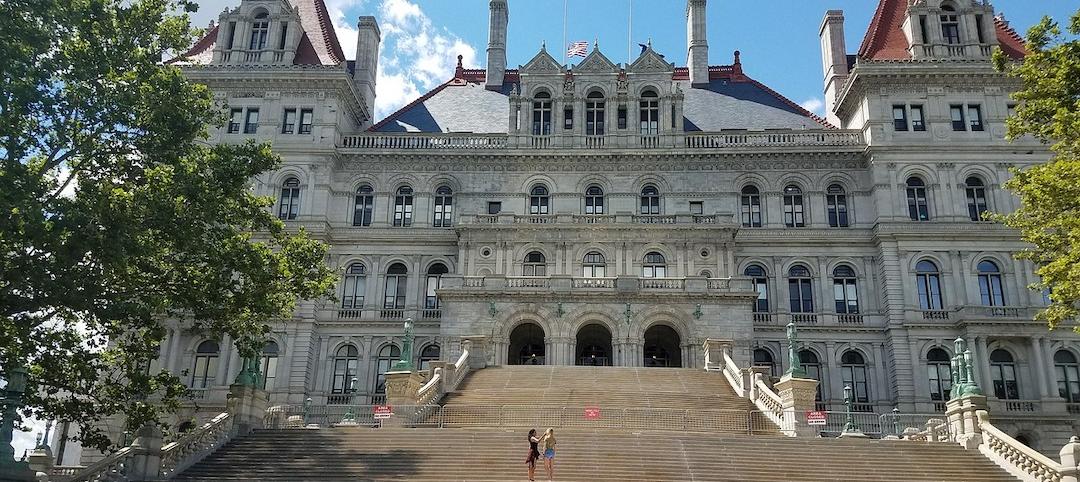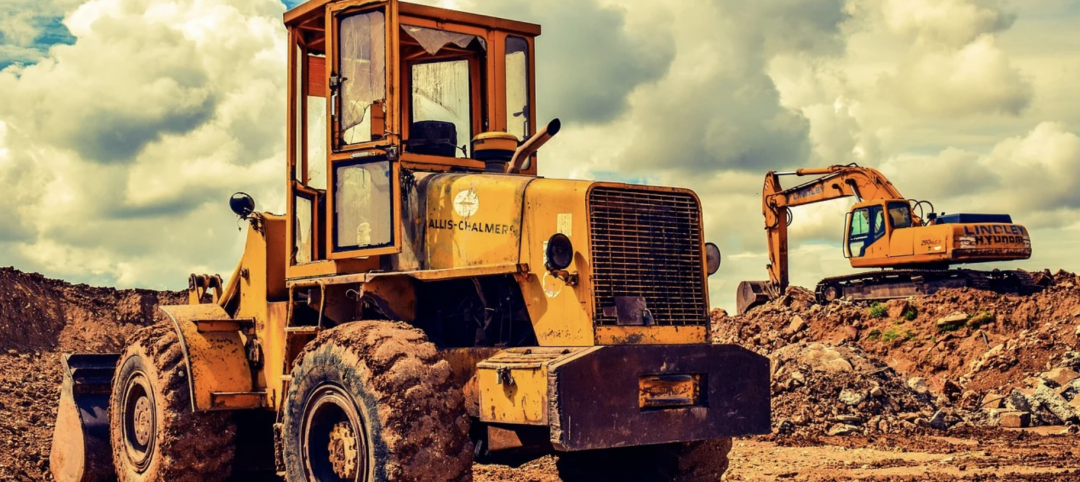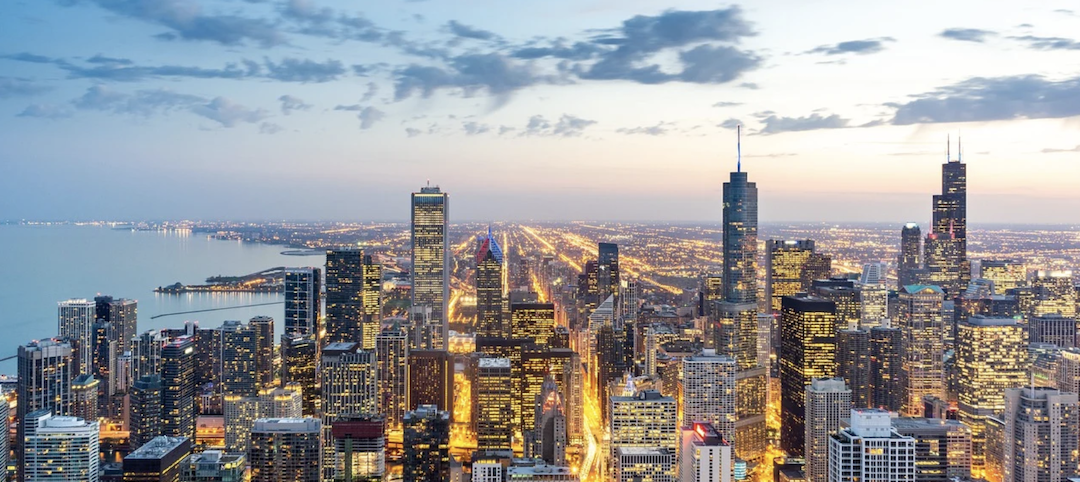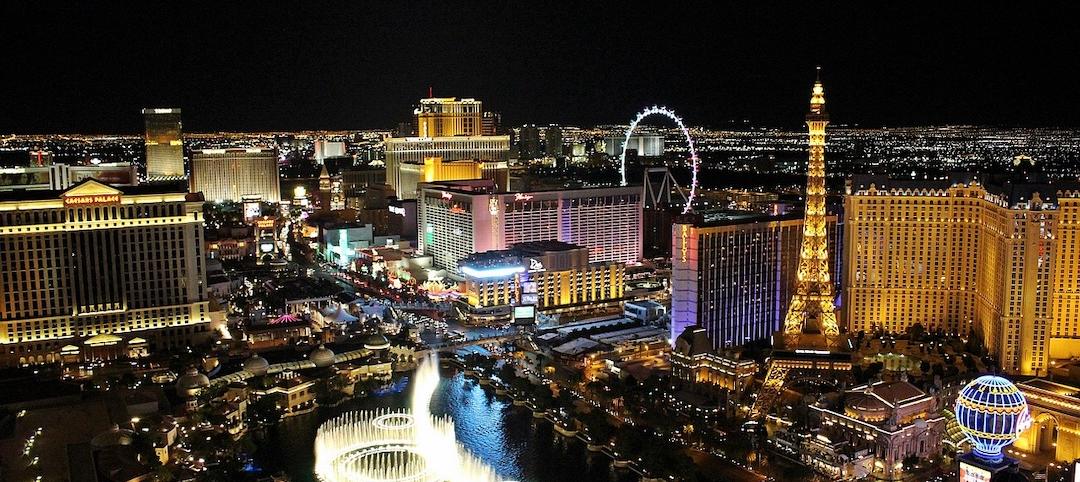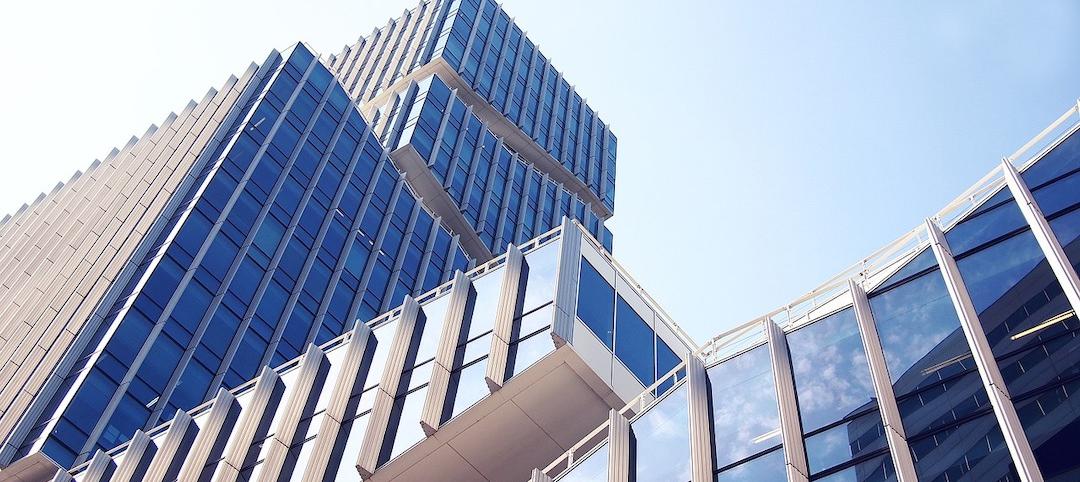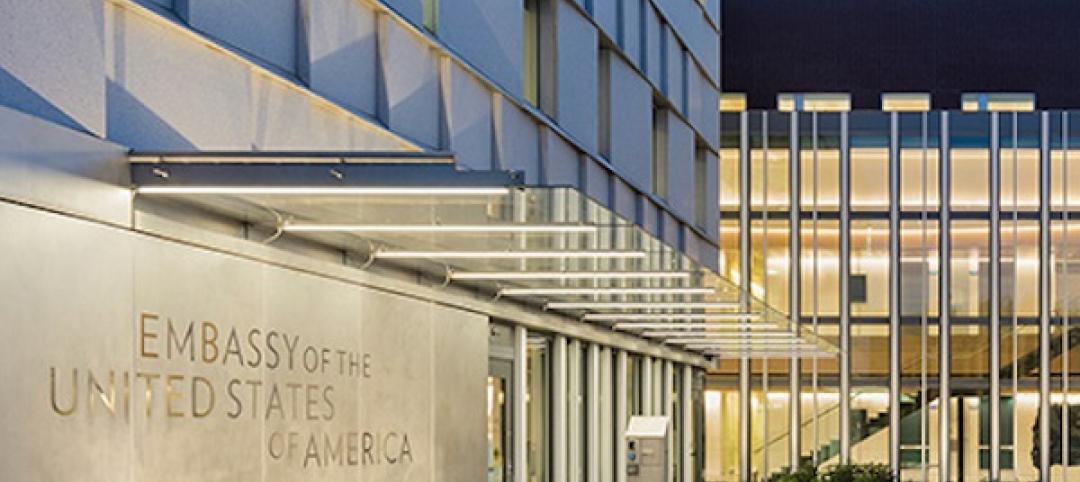Pledges by governments and multinational corporations to make buildings net-zero carbon are critical to carbon reduction goals. And, commitments have been adding up in recent years.
The World Green Building Council (WGBC) has gained notable adherents to its Advancing Net Zero buildings initiative. This project aims to have every building produce net-zero carbon emissions by 2050.
In fact, some 62 businesses, 28 cities, and six states have signed on to be WGBC’s leaders in this initiative by committing to make all their buildings net-zero carbon-emitting by 2030 or sooner. California, with 16 million buildings, has signed onto the commitment, along with businesses such as design firm Atelier Ten, healthcare real estate investment trust Assura, and retail center developer Wereldhave.
There are 1 billion buildings in the world, and the total global building footprint is expected to double by 2060. It’s hard to know how many buildings are operating today at net-zero because of the difficulty in tracking the amount of renewable energy supplied by the grid. WGBC is working on this problem.
When companies such as Salesforce commit to constructing all new buildings to net-zero specifications, including a new tower in Dublin, they accelerate the effort. WGBC will allow any credible third party, such as LEED, to do the certification.
Related Stories
Codes and Standards | Feb 2, 2022
Public works contracting reform advances in New York State
Governor signs bill to form advisory council that will propose policy changes.
Codes and Standards | Feb 2, 2022
Commercial and multifamily construction starts rebounded in 2021
Following COVID uncertainty in 2020, the industry recovered, but still lags 2019 levels.
Codes and Standards | Feb 1, 2022
Biden Administration launches state, local coalition to boost building performance standards
Will focus on energy efficiency and electrification across the buildings sector.
Codes and Standards | Jan 26, 2022
Downtown digital twin to aid Las Vegas in setting policy priorities
Will be used to address energy use, emissions, traffic, parking, noise, and emergency management.
Codes and Standards | Jan 25, 2022
Modeling tool helps compare options for HVAC systems when little known about a building
Compares projected costs and energy usage for all HVAC systems and hot water consumption.
Codes and Standards | Jan 25, 2022
Critics slam proposed revamp of California’s solar net energy metering rate
Could make rooftop solar panels unaffordable for most customers.
Sponsored | Resiliency | Jan 24, 2022
Norshield Products Fortify Critical NYC Infrastructure
New York City has two very large buildings dedicated to answering the 911 calls of its five boroughs. With more than 11 million emergency calls annually, it makes perfect sense. The second of these buildings, the Public Safety Answering Center II (PSAC II) is located on a nine-acre parcel of land in the Bronx. It’s an imposing 450,000 square-foot structure—a 240-foot-wide by 240-foot-tall cube. The gleaming aluminum cube risesthe equivalent of 24 stories from behind a grassy berm, projecting the unlikely impression that it might actually be floating. Like most visually striking structures, the building has drawn as much scorn as it has admiration.
Sponsored | Resiliency | Jan 24, 2022
Blast Hazard Mitigation: Building Openings for Greater Safety and Security
Codes and Standards | Jan 24, 2022
N.Y. governor calls for ban on natural gas in new buildings
Action follows New York City’s ban.
Codes and Standards | Jan 19, 2022
EPA may expand product lineup that can earn WaterSense label
Would include systems that enhance water quality at the tap.


